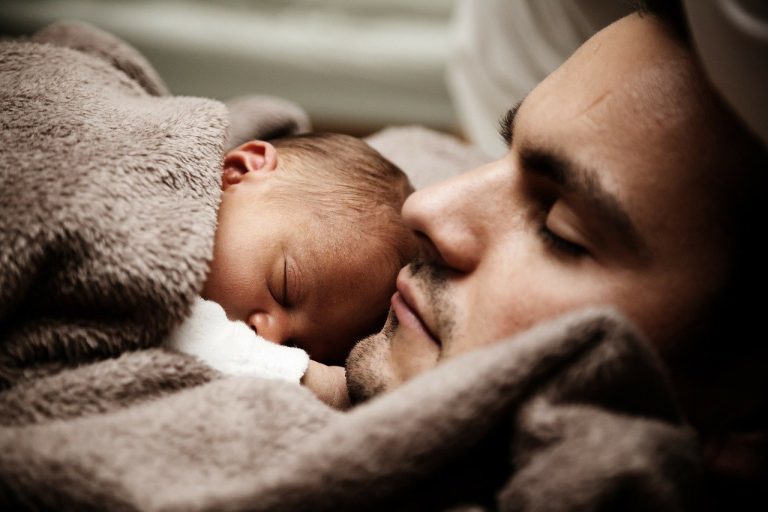Is Sleeping Late At Night Bad?
Sleep is essential for our physical and mental health. When we sleep, our bodies and minds have a chance to rest and repair themselves. Sleep also helps us to consolidate memories and learn new information.
Most adults need around 7-8 hours of sleep per night. However, many people do not get enough sleep. In fact, a CDC study found that one in three adults in the United States does not get enough sleep on a regular basis.
Sleeping late at night can have a number of negative consequences for our health.
1. Increased risk of obesity
Studies have shown that people who sleep late at night are more likely to be obese. This is because sleep is involved in regulating hormones that control appetite and metabolism. When we don’t get enough sleep, our bodies produce more of the hunger hormone ghrelin and less of the fullness hormone leptin. This can make us feel more hungry and less full, which can lead to overeating and weight gain.
2. Increased risk of chronic diseases
Sleeping late at night has also been linked to an increased risk of chronic diseases such as heart disease, stroke, diabetes, and cancer. This is because sleep is important for regulating our hormones, blood pressure, and heart rate. When we don’t get enough sleep, these things can get out of balance, which can increase our risk of developing chronic diseases.
3. Impaired cognitive function
Sleep is also essential for cognitive function. When we don’t get enough sleep, we have difficulty paying attention, remembering things, and making decisions. This can impair our performance at work or school and make it difficult to function in our daily lives.
4. Increased risk of accidents
Sleep deprivation can also increase our risk of accidents. This is because sleep is important for regulating our attention and reaction time. When we don’t get enough sleep, we are more likely to make mistakes and have accidents.
5. Increased risk of mental health problems
Sleep deprivation can also increase our risk of mental health problems such as depression and anxiety. This is because sleep plays a role in regulating our emotions and mood. When we don’t get enough sleep, we are more likely to experience negative emotions and have difficulty coping with stress.
How to get a good night’s sleep
There are a number of things that you can do to get a good night’s sleep, including:
- Go to bed and wake up at the same time each day, even on weekends.
- Create a relaxing bedtime routine.
- Make sure your bedroom is dark, quiet, and cool.
- Avoid caffeine and alcohol before bed.
- Get regular exercise, but avoid exercising too close to bedtime.
- See a doctor if you have trouble sleeping.
If you are struggling to sleep late at night, try to go to bed earlier and wake up earlier. It may take some time to adjust to your new sleep schedule, but it will be worth it in the long run. Getting enough sleep can improve your overall health and well-being.







